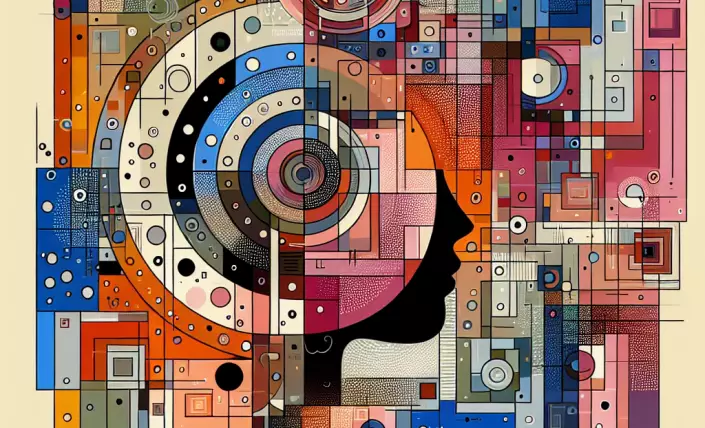In the ever-evolving landscape of modern society, the tension between tradition and progress persists as a central theme in human discourse. The dilemma of whether to uphold established customs or to embrace new ideas is not merely a political or social debate, but rather a profound philosophical inquiry that challenges our understanding of human nature and societal development. This reflection, inspired by the philosophical musings of Edmund Burke, delves into the intricate dance between these two forces, encouraging us to ponder their implications on our lives.
Tradition, often perceived as the bedrock of societal stability, provides a sense of continuity and identity. It is the vessel through which collective wisdom is transmitted across generations, shaping cultural norms and moral frameworks. Burke famously championed the value of tradition, arguing that it serves as a repository of accumulated human experience that should not be lightly discarded. He viewed it as a contract between the living, the dead, and those yet to be born, suggesting that the wisdom of our ancestors holds intrinsic value for guiding contemporary society. In adhering to tradition, we are reminded of our roots and the shared heritage that binds communities together, creating a sense of belonging and continuity in an ever-changing world.
However, the allure of progress cannot be underestimated. The pursuit of innovation and reform is ingrained in the human spirit, driving advancements in science, technology, and social structures. Progress embodies the promise of a better future, unshackled by the limitations of the past. It challenges us to question established norms and to strive for improvement, fostering a culture of critical thinking and dynamism. Yet, the quest for progress is not without its pitfalls. Unchecked, it can lead to a dismissal of valuable traditions and a disruption of societal harmony. Burke cautioned against radical change, advocating for a measured approach that respects the wisdom of the past while cautiously embracing the potential of the future.
Thus, the relationship between tradition and progress is not a binary opposition but rather a delicate balance. It requires a nuanced understanding of the value each brings to the table. The interplay between these forces calls for a reflective approach, urging us to consider the implications of our choices on both individual and collective levels. In navigating this dynamic, we are invited to question our assumptions, to engage in dialogue, and to seek a synthesis that acknowledges the merit of both tradition and innovation.
The implications of this philosophical exploration extend beyond abstract theory and into the realm of personal reflection. In our own lives, we are constantly negotiating the tension between maintaining the familiar and venturing into the unknown. This negotiation shapes our identities and influences our decisions, challenging us to find meaning and purpose in the midst of change. By contemplating the balance between tradition and progress, we not only gain insight into societal dynamics but also into the essence of our own humanity. This reflection encourages us to embrace the complexity of life, recognizing that the wisdom of the past and the promise of the future are not mutually exclusive but rather complementary forces that shape our journey through the modern world.










